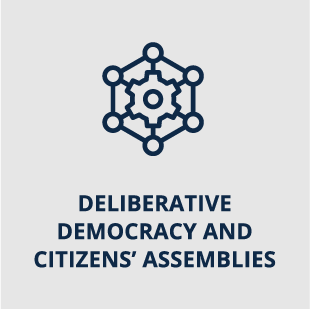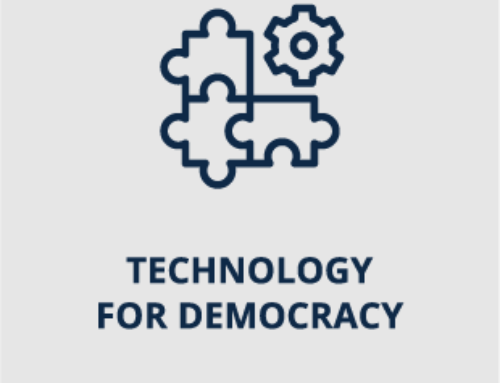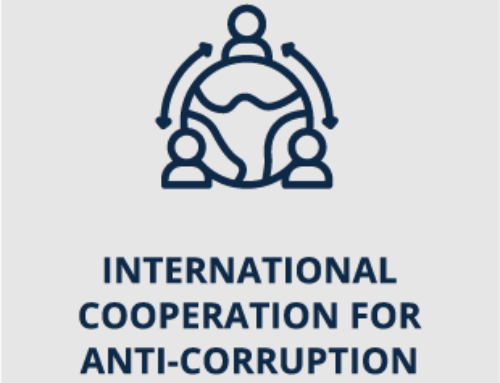By: Graham Allen, Convenor of the Citizens’ Convention for UK Democracy & Co-Founder of the DDCA Cohort.
March 2nd, 2023
—
Like all the other Cohorts we have spoken to we are eagerly anticipating a practical, project-led Summit at the end of this month. The high hopes of last year’s Summit event did not quite materialise and it was one of the reasons that those connected with democracy’s success story-the 600 successful Citizens assemblies in recent times- got together and created the newest Cohort on Deliberative Democracy and Citizens Assemblies. Having been working for a year now we hope that our efforts will be backed in a concrete way and not merely be a passing contribution to a debate. History has moved on in the last year not least in Ukraine and the threat to democracy from authoritarianism has no room for “business as usual “. It demands that our structures develop and change if they are able to tackle the existential challenges ahead .
We make this clear in the deliverables that we offer the Summit to act upon. We are led by two of the most successful deliberative organisations the Government of Ireland & European Commission and backed up by the lead NGO Australia’s newDemocracy Foundation. We have prioritized policies we can take forward with the backing of the Summit team and international partners once the Summit event has come and gone.
The time for complacency has over. Many people legitimately feel that international and national institutions are distant and self-absorbed, and citizens do not have a voice, nor power, in shaping the decisions affecting their lives. Trust in experts has been declining, misinformation and disinformation are prevalent, and political polarisation – partly driven by electoral incentives – weakens our cohesiveness as societies.
To counter these factors the DDCA Cohort’s ambition is to spread interest in democracy’s most successful modern innovation – Citizens’ Assemblies. Randomly selected everyday people -microcosms of their communities or nations-get the chance to deliberate on issues with people different to themselves and work to find common ground solutions which can be implemented by our partners-the representatives that we elect.
Our initial focus was to help governments take a first step to adoption, with the goal of giving citizens the most visible and substantive role in public decisions.
National commitments we pursue include:
- informational workshops for elected representatives
- driving adoption and distribution of guidelines in the OECD ‘Deliberative Wave’ report
- conducting a national-level Citizens Assembly, as the cohort co-leads have successfully done.
‘Democracy’ seems all too frequently to be featured in news stories lamenting its decline, threat and erosion. So another key objective has been to highlight that ways exist to reverse that narrative, with the best defense being a good offence. Autocracy is global and so must be our deliberative democratic architecture.We therefore seek the Summit process support for more powerful and symbolic international commitments including:
- the need for a ‘Marshall Plan for Deliberative Democracy’ to roll out globally starting in the new democracies in Eastern Europe.
- giving citizens a voice in the work of democracy and the Summit by creating a Global Citizens Assembly on Deliberative Democracy reporting to the Summit.
- building a global “What Works” Centre for deliberative democracy evidence and advice, to all nations who want to take a deliberative step forward.
What the Autocrats fear most is active and engaged citizens rebuilding trust and faith in their own democracies .By developing deliberation and citizens assemblies our Cohort working within the Summit seeks nothing less than to renew our democracy for the times ahead.
Cohort point of contact.
Iain Walker, newDemocracy Foundation, iain.walker@newdemocracy.com.au




